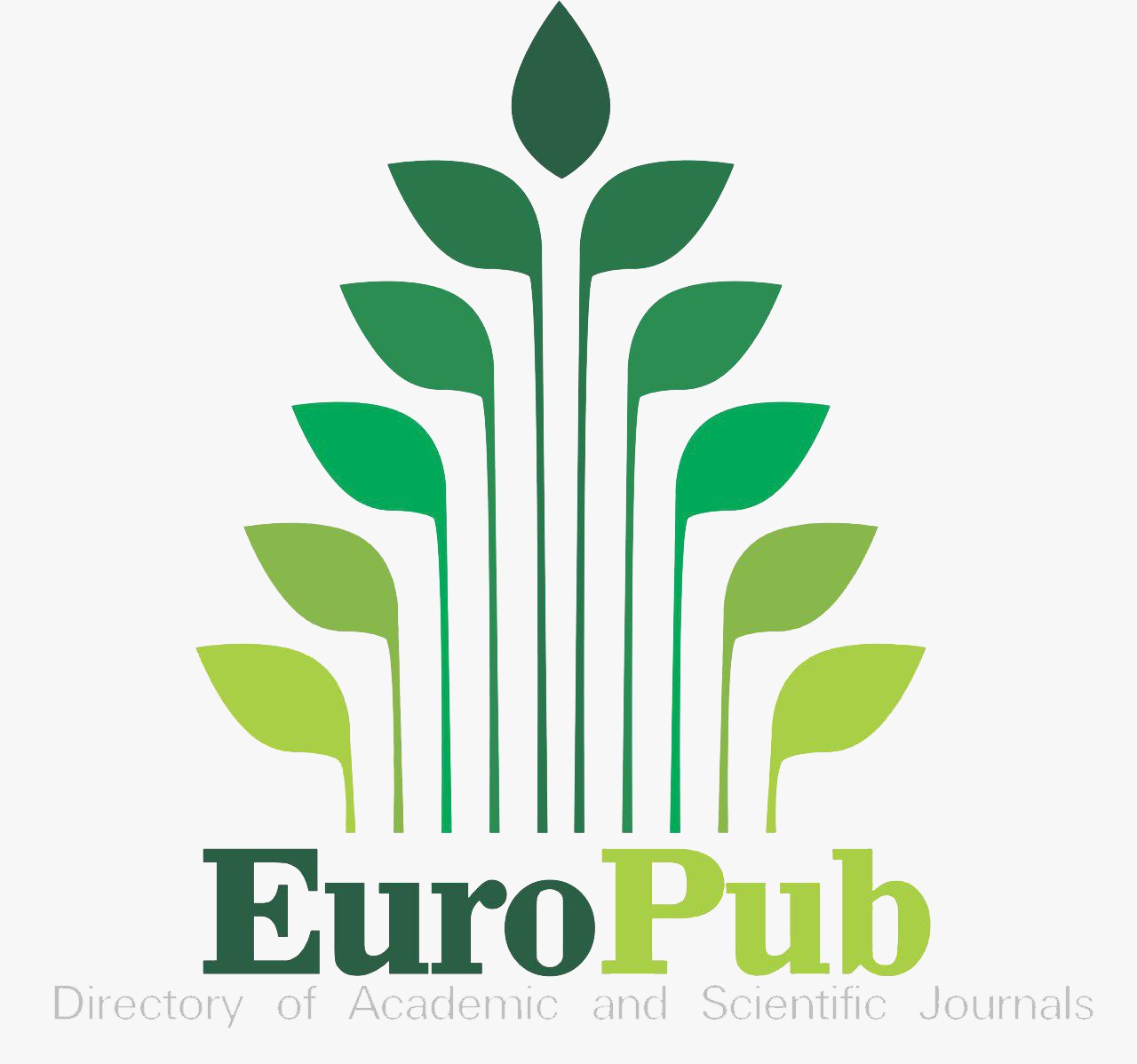THE IMPORTANCE OF LANGUAGE IN THE TEACHINGS OF MATHEMATICS ABSTRACT
DOI:
https://doi.org/10.56219/dialctica.v2i25.4031Keywords:
language, mathematics, teaching, learningAbstract
Education is a value, and therefore, the goal is to acquire skills, customs, attitudes and knowledge that assist people in the choice, commitment, decision, application and connection with values. The task is to create an experience of values so that students can develop skills and competencies that help social development. Mathematics is very important for society in terms of motivation, level differences, cognitive abilities, subject preparation, teaching methods, and student qualities. In the mathematical learning process, students face difficulties such as lack of fundamental knowledge, lack of knowledge of why or how the procedures, lack of motivation, lack of attention and concentration, lack of link with the real environment and believing that what they have learned is not useful or will not be useful in the future. In this same order of ideas, as Mendoza (2022) points out, mathematics has a language that is well-known throughout the world that simplifies communication in this area of knowledge. Most teachers are interested in understanding its meaning and look for strategies to share the contents of the program to be developed well. It is important to know how language works in mathematics education and understand its codes written in different languages, such as verbal, symbolic or graphic. Hence the need to study language in the teaching of mathematics with the intention of promoting a better educational process for students and being able to communicate correctly in their daily lives and in mathematical fields.
Downloads
References
Caserio, M., y Vozzi, A. (2015). El impacto del lenguaje matemático en el aprendizaje: una experiencia con alumnos del nivel superior. XIV Conferencia Interamericana de Educación Matemática. Tustla Gutiérrez, Chiapas, México. https://xiv.ciaem-redumate.org/index.php/xiv_ciaem/xiv_ciaem/paper/viewFile/484/218
Cattaneo, L., y Lagreca, N. (2019). Didáctica de la matemática-enseñar a enseñar matemática. Argentina: Homo Sapiens.
Cenas, F., Blaz, F., Gamboa, L., y Castro , W. (2020). Geogebra: herramienta tecnológica para el aprendizaje significativo de las matemáticas en universitarios. Horizontes. Revista de Investigación en Ciencias de laEducación, 5(18), 382-390. doi:Https://doi.org/10.33996/revistahorizontes.v5i18.181 DOI: https://doi.org/10.33996/revistahorizontes.v5i18.181
Cervantes, G., Jiménez, G., y Martínez, R. (2022). Razonamiento Cuantitativo, Lenguaje y Matemáticas. Zona Próxima, 36(1), 76-92. Obtenido de chrome-extension://efaidnbmnnnibpcajpcglclefindmkaj/http://www.scielo.org.co/pdf/zop/n36/2145-9444-zop-36-76.pdf
Delgado, J., y Chicaiza, C. (2022). Gamificación y herramientas tecnológicas en la enseñanza-aprendizaje de las matemáticas. Ciencia Latina. Revista Multidisciplinar , 6(6), 1-16. doi:https://doi.org/10.37811/cl_rcm.v6i5.2903Gamificación y herramientas tecnológicas en la enseñanza-aprendizaje de las matemáticasJosé Ramón Delgado FernándezJrdelgado66@utpl.edu.echttps://orcid.org/0000-0002-9176-7666Universidad Técnica Particular de LojaL DOI: https://doi.org/10.37811/cl_rcm.v6i6.3485
Marín, F., Castillo, J., Torregroza, Y., y Peña, C. (2018). Competencia argumentativa matemática en sexto grado, una propuesta centrada en los recursos educativos digitales abiertos. Revista de Pedagogía, 39(104), 61-85. chrome-extension://efaidnbmnnnibpcajpcglclefindmkaj/https://www.researchgate.net/profile/Carlos-Pena-Arrieta/publication/351781347_COMPETENCIA_ARGUMENTATIVA_MATEMATICA_EN_SEXTO_GRADO_UNA_PROPUESTA_CENTRADA_EN_LOS_RECURSOS_EDUCATIVOS_DIGITALES_ABIERTOS/lin
Mendoza, Y. (2022). Episteme del Lenguaje Matemático. Scientiarum, 1(3), 130-139. https://investigacionuft.net.ve/revista/index.php/scientiarium/article/view/684
Ministerio de Educación Nacional, I. (2015). Modulo de referencia para la evaluación (módulo razonamiento cuantitativo).
Minte, A., Sepúlbeda, A., Díaz, D., y Payahuala, H. (2020). Aprender matemática: dificultades desde la perspectiva de los estudiantes de estudiantes de básica y media. Espacios, 9(1), 30-38.
Muñoz, M. (2020). Análisis de las prácticas declaradas de retroalimentación en Matemáticas, en el contexto de la evaluación, por docentes chilenos. Perspectiva Educacional, 59(2), 111-135. https://doi.org/10.4151/07189729-vol.59-iss.2-art.1062 DOI: https://doi.org/10.4151/07189729-Vol.59-Iss.2-Art.1062
Payarico, A. (2017). La actividad ludica en la historia de la educacion española contemporanea. Tesis de postgrado. https://www.tdx.cat/bitstream/handle/10803/9701/paya.pdf
PISA. (2022). Informe PISA . https://www.educacionyfp.gob.es/inee/evaluaciones-internacionales/pisa/pisa-2022.html
Rodríguez, M., Castillo, H., y Arteaga, B. (2021). El uso de aplicaciones móviles en el aprendizaje de las matemáticas: una revisión sistemática. ENSAYOS, Revista de la Facultad de Educación de Albacete, 36(1), 17-34. http://www.revista.uclm.es/index.php/ensayos DOI: https://doi.org/10.18239/ensayos.v36i1.2631
Rojas, S. (2020). Facilitadores de la comprensión del lenguaje matemático en el discurso y en el quehacer de docentes de matemática de una escuela de enseñanza general básica, de financiamiento municipal, de la comuna de Talagante. Universidad Academia de Humanismo Cristiano. http://bibliotecadigital.academia.cl/xmlui/handle/123456789/6374
Sepúlveda, O. (2015). Estudio del conocimiento didáctico - matemático del profesor universitario: un marco teórico de investigación. Revista de investigación, desarrollo e innovación, 6(1), 29-43. https://doi.org/10.19053/20278306.4048 DOI: https://doi.org/10.19053/20278306.4048
Valverde, J., León, A., Jiménez, A., y Lara, A. (2024). Impacto de las estrategias neurodidácticas en la enseñanza de competencias matemáticas en estudiantes de bachillerato. Revista Ñeque, 7(8), 136-147. doi:https://doi.org/10.33996/revistaneque.v7i18.131 DOI: https://doi.org/10.33996/revistaneque.v7i18.131
Downloads
Published
How to Cite
Issue
Section
License

This work is licensed under a Creative Commons Attribution-NonCommercial-ShareAlike 4.0 International License.
La revista Dialéctica conserva los derechos patrimoniales (copyright) de las obras publicadas, que favorece y permite la reutilización de los mismos bajo la licencia Creative Commons Atribución-NoComercial-CompartirIgual 4.0 , por lo cual se pueden copiar, usar, difundir, transmitir y exponer públicamente, siempre que se cite la autoría y fuente original de su publicación (revista, editorial, URL y DOI de la obra), no se usen para fines comerciales u onerosos y se mencione la existencia y especificaciones de esta licencia de uso. Si remezcla, transforma o crea a partir del material, debe distribuir su contribución bajo la misma licencia del original.












